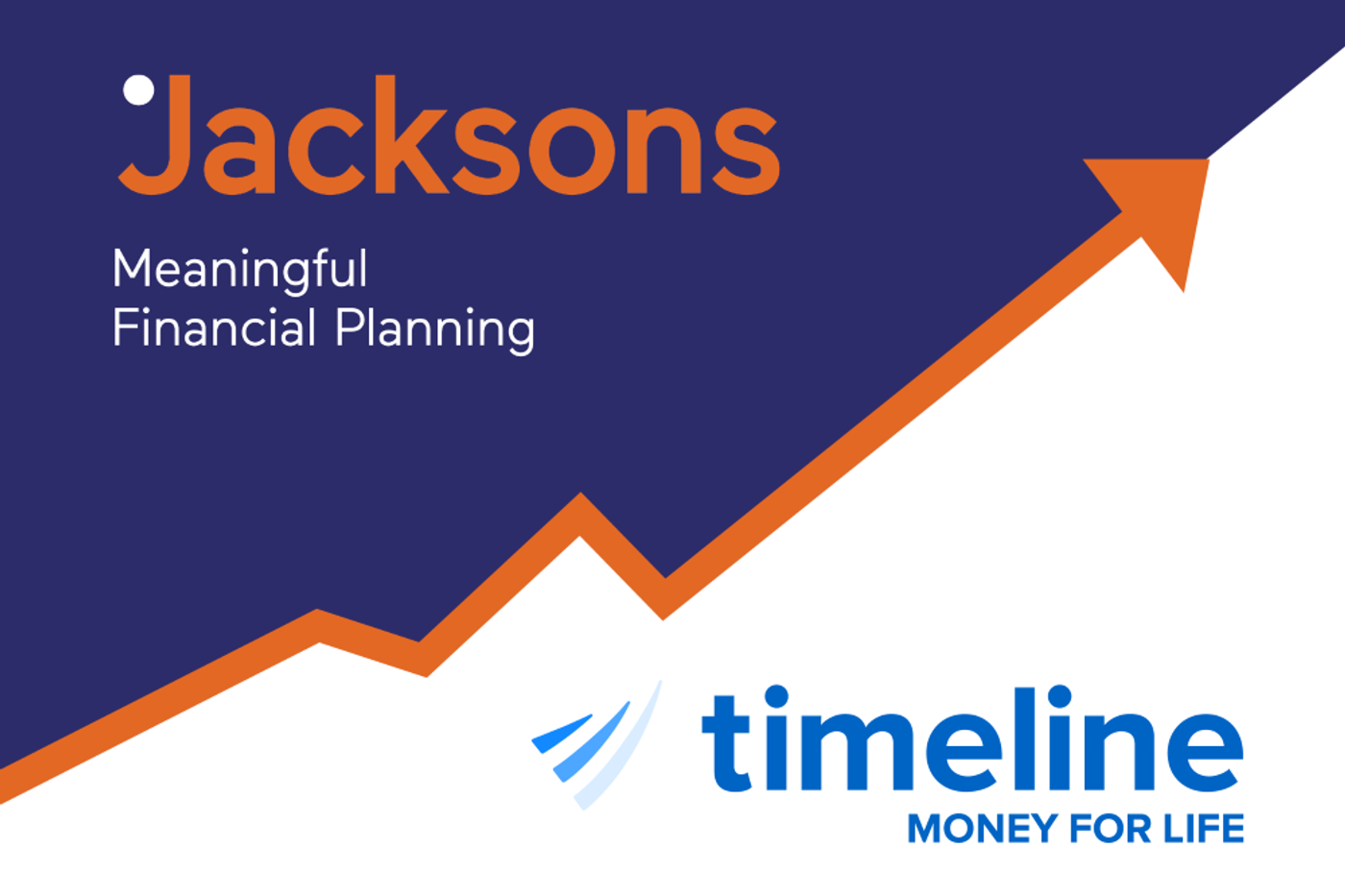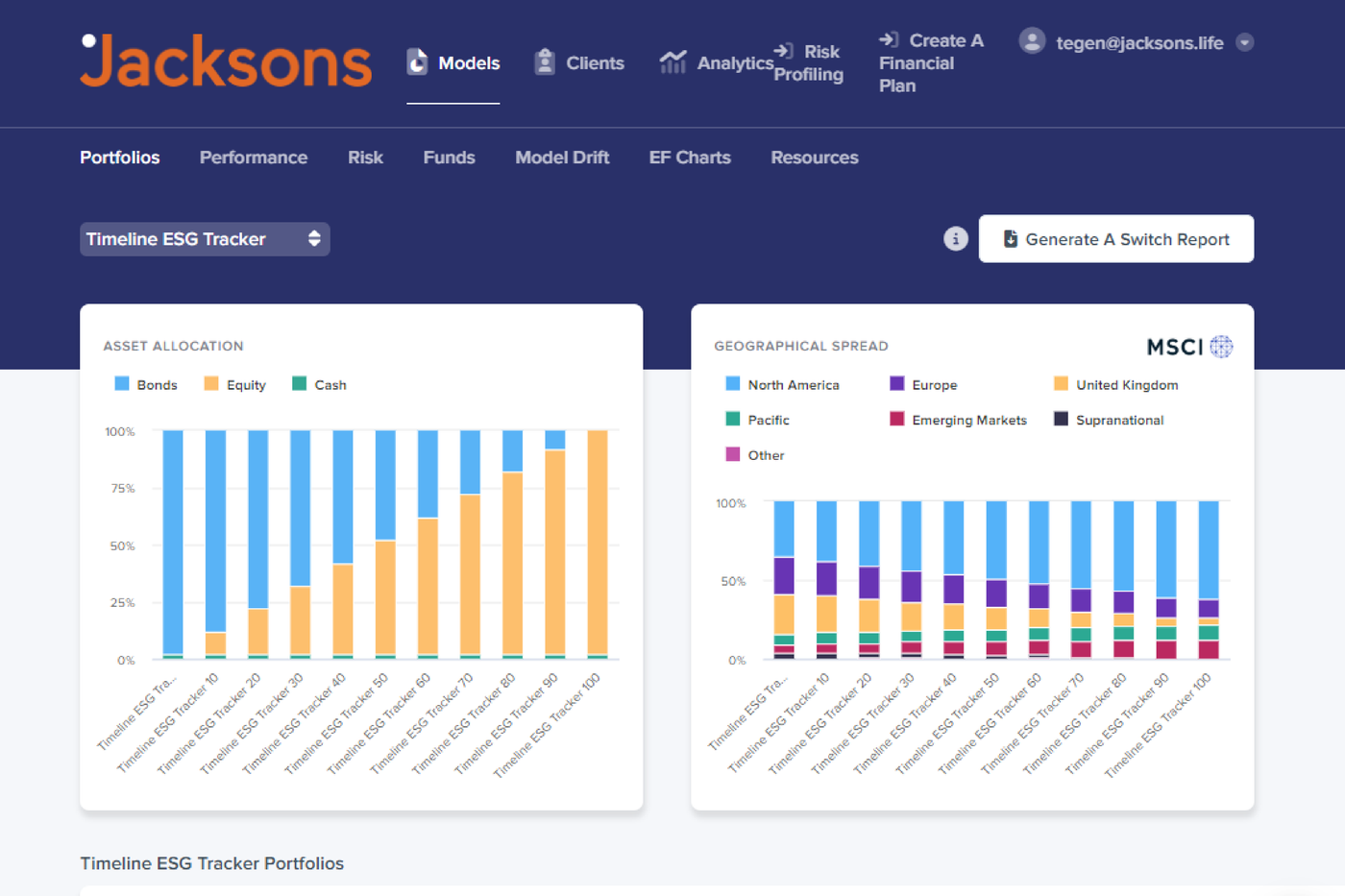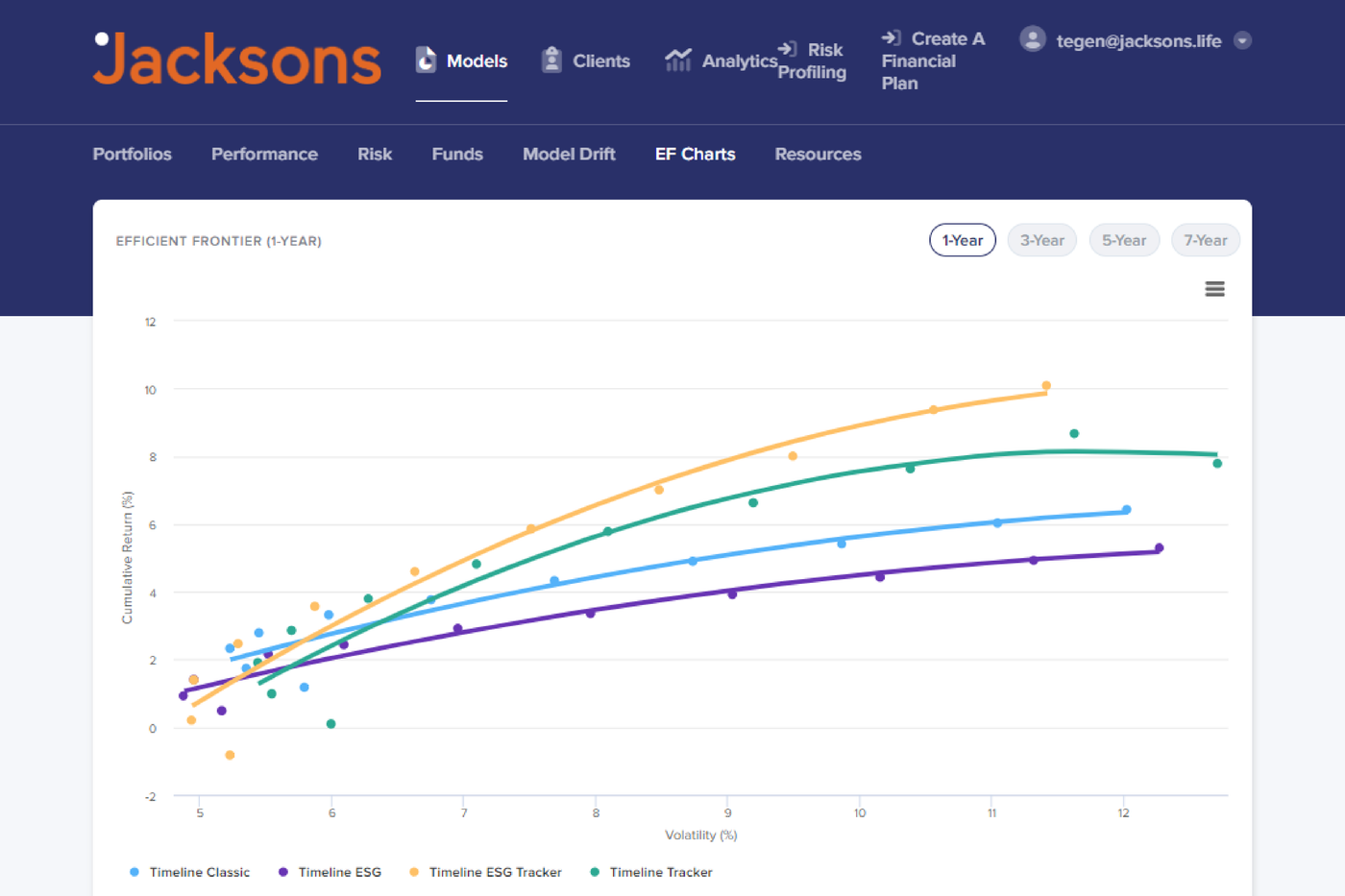The first is the financial services system – the tax rules, the pensions freedoms, the choice of ISA over pension or a GIA and which is best in which circumstances.
Next is the investment piece: what kinds of assets should we buy in which proportions in order to give our money the best chance of growing as we want.
And finally, there is the most tricky element of all – the human factor. Why do we behave as we do towards our money? How do we cope when life takes an unexpected turn? How do we cope when the news is universally bad?
Understanding and optimising each of the three factors is essential. As financial planners, it is our job to be experts in the system, and to coach our clients so they don’t derail their own progress towards their goals.
That leaves the investment piece, and we believe that this should largely be done on autopilot.

Investing done right
Imagine you believe that the FTSE100 index of the biggest companies registered in the UK is a great market in which to invest. You can take two broad approaches to this:
Either you can look at each of the companies in the market and decide which ones are likely to do best. Maybe you buy the 30 best companies and hope that those shares outperform the index as a whole. This is called active investing.
Or you can just buy all 100 companies and have done with it. Some will underperform and some will outperform, but you’re aiming to track the market as a whole. This is called passive investing.
Only about one in ten active fund managers consistently beats their target market. By opting for a passive strategy you are avoiding the 90% chance of choosing the poor managers.
Crucially, active fund managers are very well paid, as are the team of analysts who support them, and this increases the costs of the funds themselves – passive funds are almost always significantly lower cost than their active competitors.
For well over a decade we have opted for passive funds for our clients. The mechanics of this have changed over the years as newer and better options have become available.
As a core part of our duty as regulated advisers, we keep our investment approach under constant review and are pleased to announce a new partnership with Timeline Portfolios.


Introducing Timeline
We have completed extensive due diligence in searching the market for a provider that matches our culture and ethos and invests accordingly.
In the coming weeks we will produce more articles about why we have chosen Timeline, how it will work and why we are excited to partner with them for the next phase of Jacksons’ development.
But for now, here are the eight elements of their investment philosophy, all of which are exactly aligned with our own.
- Risk and return are related. There are lots of different kinds of risks but you should think of risk as the premium investors pay for the expectation of higher return.
- The Capital Markets work. While far from perfect, capital markets do a reasonable job at factoring in all available information and pricing securities fairly.
- Consistent outperformance is rare. There is a growing body of evidence that short-term outperformance is more down to luck than the skill of the investment manager
- Asset Allocation and portfolio structure drive returns. The most important factor determining the level of risk and variability of return is asset allocation.
- Costs matter. In a world where much is outside of our control, we need to make sure we do control what we can. A fund must add more value than it costs.
- Investor behaviour is the key determinant of long-term outcomes. Planners are good at helping investors in this regard and the investment must also have an evidence based approach which engenders confidence in the investor.
- Rebalancing should be driving by market movements. Rebalancing is the process of buying and selling assets within a portfolio to bring it back to its original balance. Unnecessary and arbitrarily-timed rebalancing can damage investment returns.
- Diversification is essential. Spread your money around across different asset classes and different geographies. Eggs in baskets.
Really, we couldn’t have put this better ourselves. We believe that the Timeline approach offers the best solution for our clients and we’re excited to roll it out over the next 12 months.
If you have any questions on this, then stay tuned for future articles, or talk to your Jacksons adviser who will be happy to help.
